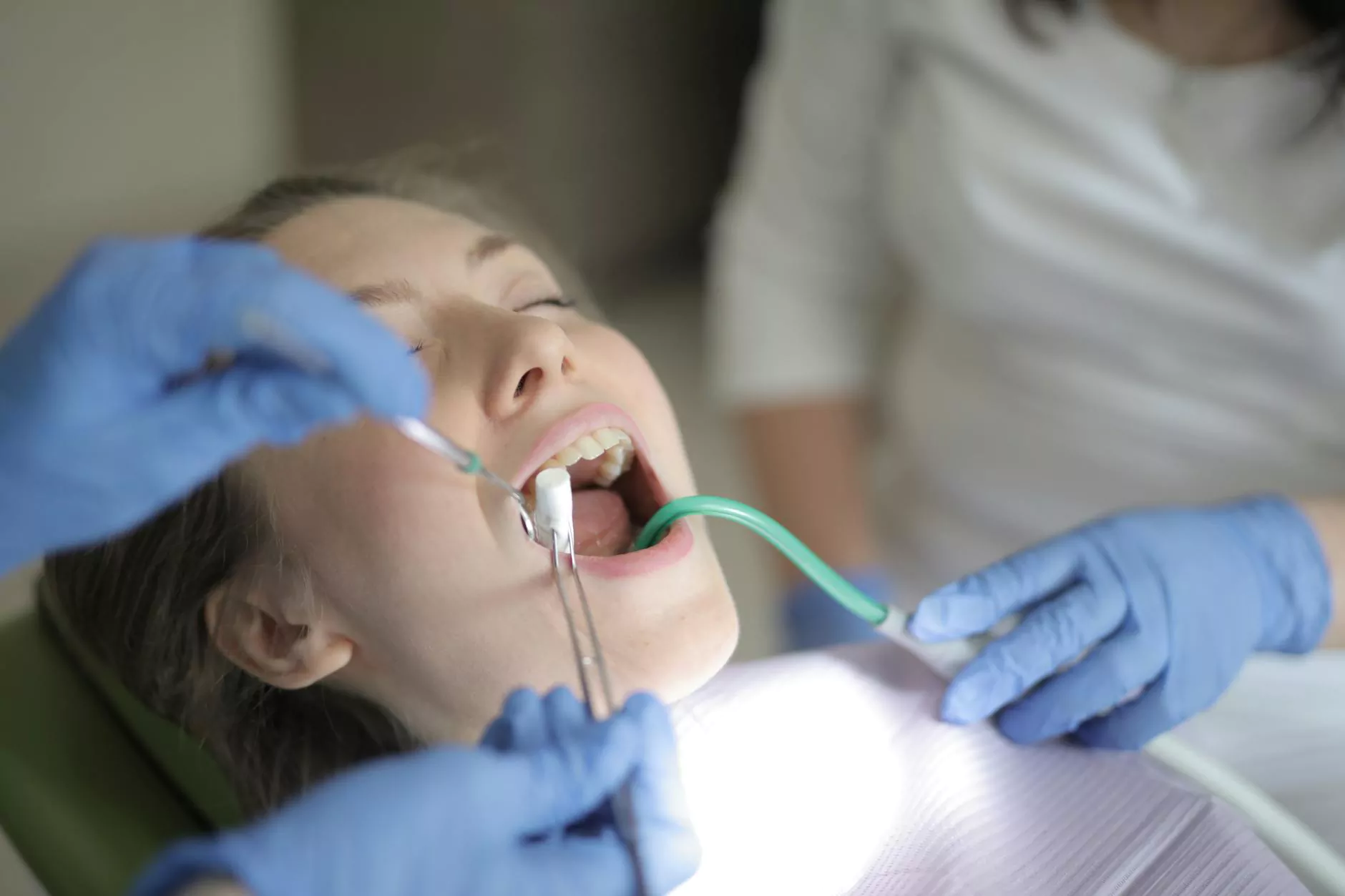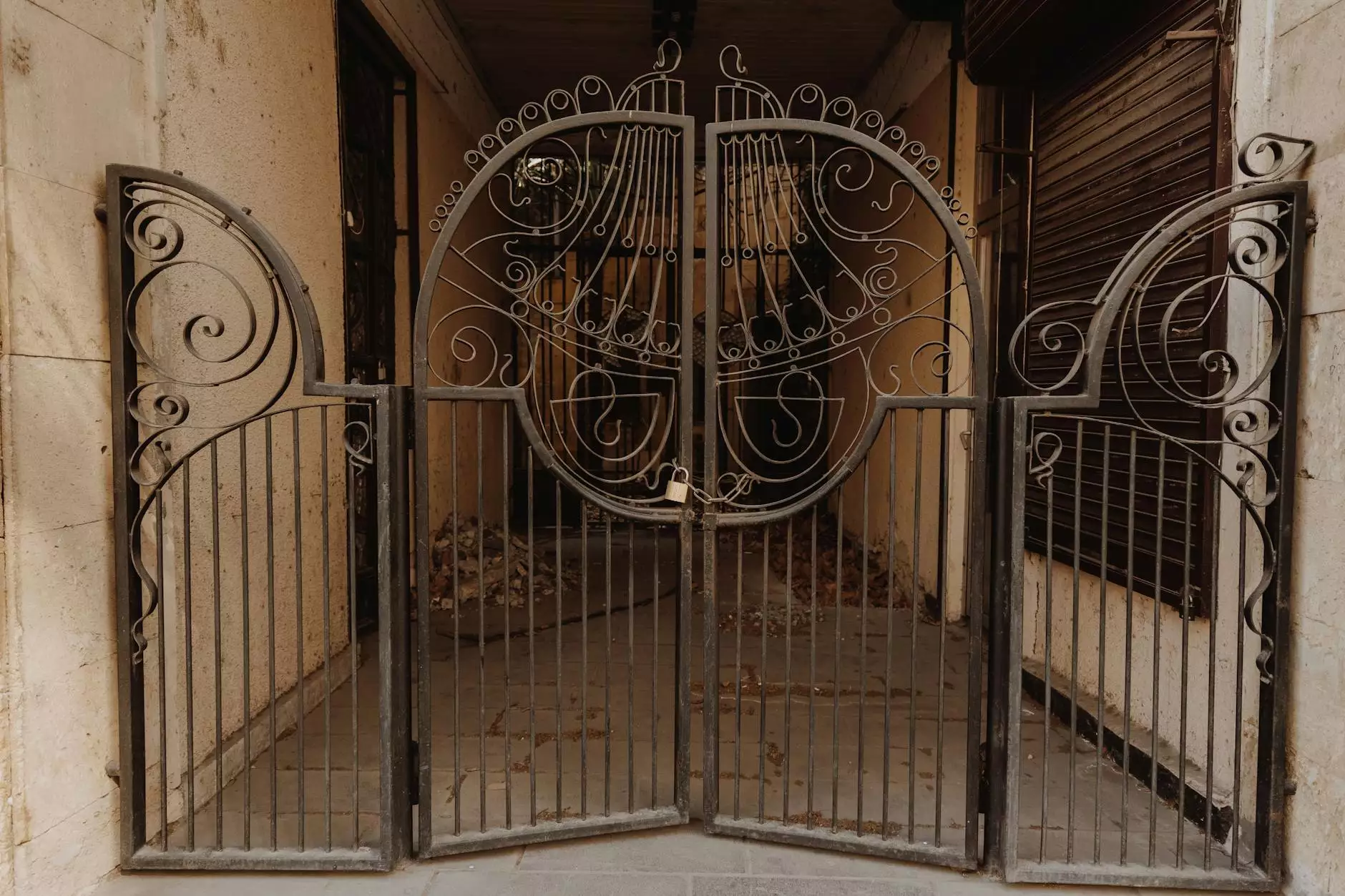Protect Your Smile: The Importance of Hard Dental Guards

Dental health is a critical aspect of overall well-being, and unfortunately, many individuals overlook the significance of protecting their teeth during specific activities, particularly while sleeping. This is where a hard dental guard plays a pivotal role. In this article, we will explore what hard dental guards are, their benefits, how they work, and why they are essential for maintaining dental health.
What is a Hard Dental Guard?
A hard dental guard, often referred to as a mouthguard or dental splint, is a custom-made dental appliance designed to protect your teeth from the damaging effects of grinding (bruxism) or clenching your jaw during sleep. Unlike soft dental guards, which may provide comfort but lack durability, hard dental guards are constructed from high-quality materials that enhance their resistance to wear and tear over time.
Why Use a Hard Dental Guard?
Many people may wonder if they truly need a hard dental guard. The answer lies in the numerous benefits these dental appliances offer:
- Protects Teeth: The primary purpose of a hard dental guard is to shield your teeth from the erosion and damage caused by grinding or clenching.
- Reduces Jaw Pain: By alleviating the pressure placed on your jaw muscles, these guards can minimize discomfort and pain associated with bruxism.
- Improves Sleep Quality: Using a hard dental guard can help you sleep more soundly by reducing nighttime teeth clenching, leading to a more restful night.
- Prevents Dental Procedures: By protecting your teeth from damage, you can potentially avoid costly dental procedures down the line, such as fillings or crowns.
- Custom Fit: Hard dental guards are made to fit your teeth perfectly, ensuring comfort and stability throughout the night.
Understanding Bruxism: The Need for Protection
Bruxism, the condition of involuntarily grinding your teeth or clenching your jaw, affects millions of people worldwide. Often occurring during sleep, bruxism can lead to a variety of dental issues:
- Worn Teeth: Continuous grinding can wear down your teeth, making them more susceptible to cracks and chips.
- Tooth Sensitivity: As enamel wears away, individuals may experience heightened sensitivity to hot and cold temperatures.
- Temporomandibular Joint Disorder (TMJ): Clenching can contribute to jaw pain and TMJ disorders, causing significant discomfort.
- Headaches: The tension from grinding can lead to chronic headaches or migraines.
- Sleep Disruption: The noise and discomfort of grinding can disrupt your sleep and that of your partner.
Benefits of Hard Dental Guards Over Soft Dental Guards
While both hard and soft dental guards have their uses, hard dental guards are particularly advantageous for those suffering from severe bruxism. Here are some reasons why hard dental guards are often recommended:
- Durability: Hard dental guards are made from strong materials, making them more resistant to wear compared to soft guards.
- Effective Protection: The firmness of a hard guard helps absorb the impact of grinding, preventing tooth damage more effectively.
- Longer Lifespan: With proper care, hard dental guards can last for several years, providing long-term protection.
- Better Fit: Custom hard guards offer a precise fit, enhancing comfort and usability.
How to Get a Hard Dental Guard
If you've decided that a hard dental guard is right for you, the process to obtain one typically involves the following steps:
- Consultation: Schedule an appointment with your dentist to discuss your symptoms and the best treatment options for you.
- Dental Impressions: Your dentist will take impressions of your teeth to create a custom fit for your guard.
- Fabrication: The dental lab will fabricate your hard guard based on the impressions received from your dentist.
- Fitting Appointment: Once ready, you will return to have your dental guard fitted and adjusted if necessary for optimal comfort.
Proper Care and Maintenance of Your Hard Dental Guard
To ensure the longevity and effectiveness of your hard dental guard, follow these care tips:
- Clean After Use: Rinse your guard with lukewarm water after each use. You may also brush it with a toothbrush and non-abrasive toothpaste.
- Avoid Hot Water: Do not expose your hard dental guard to hot water, as it can warp the material.
- Store Properly: Keep your guard in its case when not in use to protect it from damage or contamination.
- Regular Check-Ups: Schedule routine dental check-ups to monitor your teeth and guard for any signs of wear or adjustment needs.
Conclusion: Invest in Your Dental Health
In conclusion, a hard dental guard is not just a dental appliance; it is an investment in your health and quality of life. By protecting your teeth from the detrimental effects of bruxism, you not only preserve your smile but also reduce the risk of more serious dental issues in the future. If you suspect that you may benefit from a hard dental guard, consult with Medentalsf.com to explore your options and take the first step toward a healthier, pain-free future.
Don't overlook the importance of safeguarding your teeth. With the right dental protection, you can ensure your smile remains bright and healthy for years to come.









